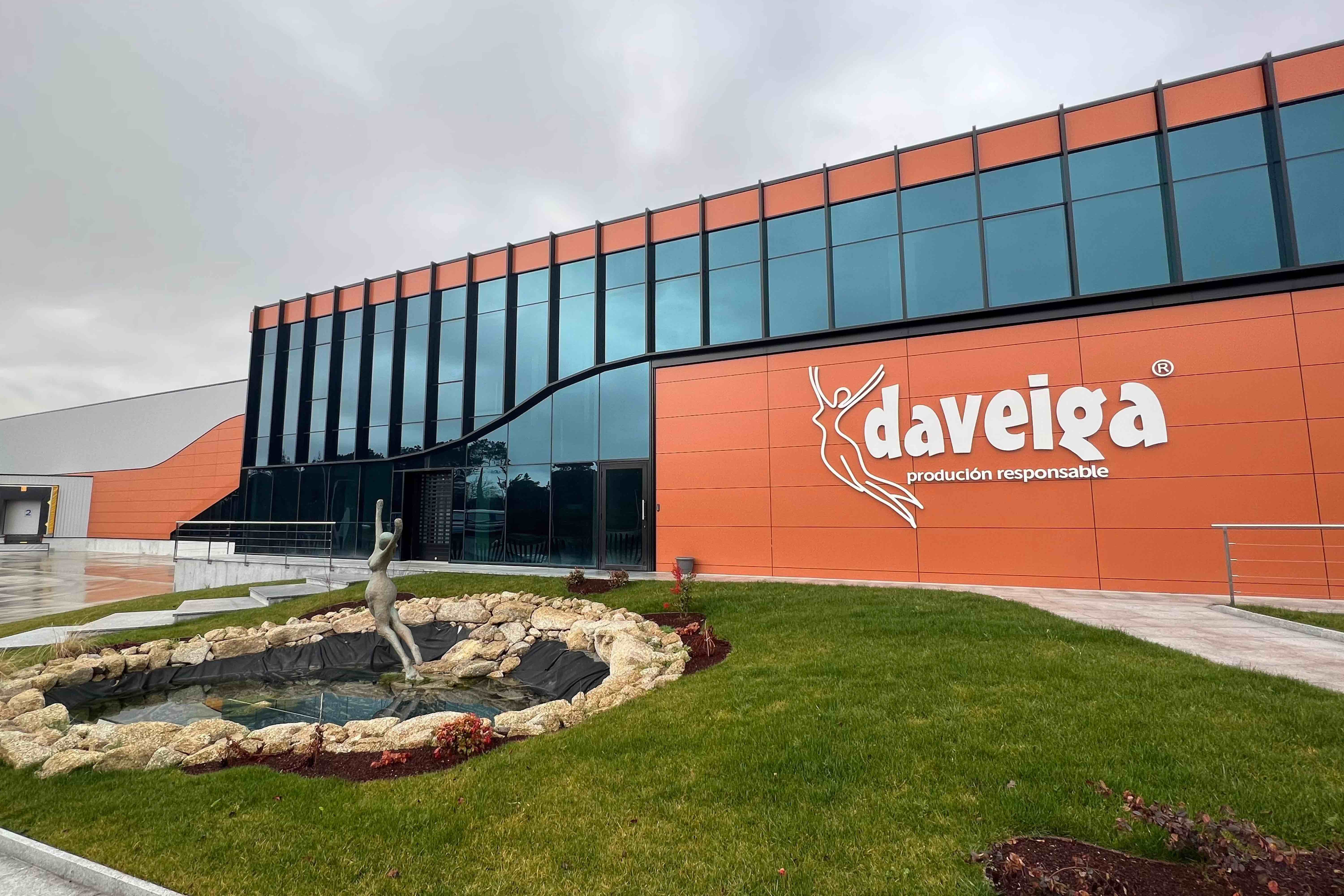
Latest information

The entrepreneurial success of Mariner Biscuits
Daveiga emerged in 2005 as a result of the initiative of the six Lamazares brothers. Three of them were the promoters of the project and the other three joined as financial partners to promote it. "Daveiga was born as a response to the concerns that the promoters had: to return to the area where we were born, taking charge of a business project that would allow us to work and contribute to the development of our place of origin (Rodeiro)", explains Xosé Lois Lamazares, general coordinator of Daveiga.
"Mariñeiras, which are crackers, seemed to us to be an innovative idea with little competition in the market. The vast majority of cookie companies made sweet products," says Lamazares. So they studied the feasibility of the idea and decided to launch the project, finally setting up the workshop in Chantada.
Success was not long in coming. "Mariñeiras were a great innovation in the bakery sector: they allow us to take advantage of the benefits of toasted bread (long shelf life, healthy, no added sugars...) and the advantages of sweet cookies, since it is a very appetizing product to eat on its own", he says. In addition to having differential values such as long shelf life in a natural way and versatility of use for eating alone or accompanied, they are also perfectly adapted to the new trends of healthy consumption and the rise of organic or vegan products.
Production process
Daveiga is a single-product company: Mariner Biscuits (Gallegas Mariñeiras). However, with 26 varieties on sale. With a strong positioning in the national and Portuguese markets, "the references with more presence are the classic ones made with butter, the Mariñeiras with extra virgin olive oil and the cookies with chia seeds", details Xosé Lois Lamazares.
At present, Daveiga produces 6,000 kg of Galletas Mariñeiras per day, reaching an annual turnover of more than 6,000,000 euros. Regarding the production process, they define it as semi-craft. "It is a labor-intensive mechanized project. Human intervention is very present and important throughout the process," he says. In fact, the company provides stable employment for 75 people.
Behind the success achieved in the points of sale, Xosé Lois Lamazares confesses that "there are no secrets", although he believes that different factors had an influence, such as "the innovation incorporated in the product and the project; the versatility to reach different market niches and take advantage of consumer trends (healthy, bio, horeca, snacks, vegan ...) and also the commitment to a management model linked to the social economy. This facilitates consumer loyalty and organic communication, as well as joining a consumer trend in constant growth: products linked to the territory and conscious or social consumption".
Impact on the rural economy
Since its inception, Daveiga has brought a lot of visibility to the rural area where the project is located. As an innovative initiative from the point of view of the management model and the product, it generated an impact in terms of communication, which also had an impact on the surrounding area.
"In relation to Daveiga's economic contribution to rural areas, I would highlight its commitment to the redistribution of added value through salaries, with 75 stable jobs; purchases, since we give preference to raw materials from or processed in the immediate environment (Galician wheat flour, Reyes Hermanos, Aceites Abril...); reinvestment of surpluses; and participation in profits, with 61 members".
Today Daveiga is a consolidated company that has just inaugurated new facilities, which will allow them to increase production capacity to 15,000 kg, and improve working conditions, with a usable area of 5,000 m2.
They are currently working to position themselves in the United Kingdom and Ireland, while continuing to work to sell in other European countries and in America. "We are also working on a development and innovation project to expand new references demanded by the market and also expand the range of products in order to diversify our market," he concludes.